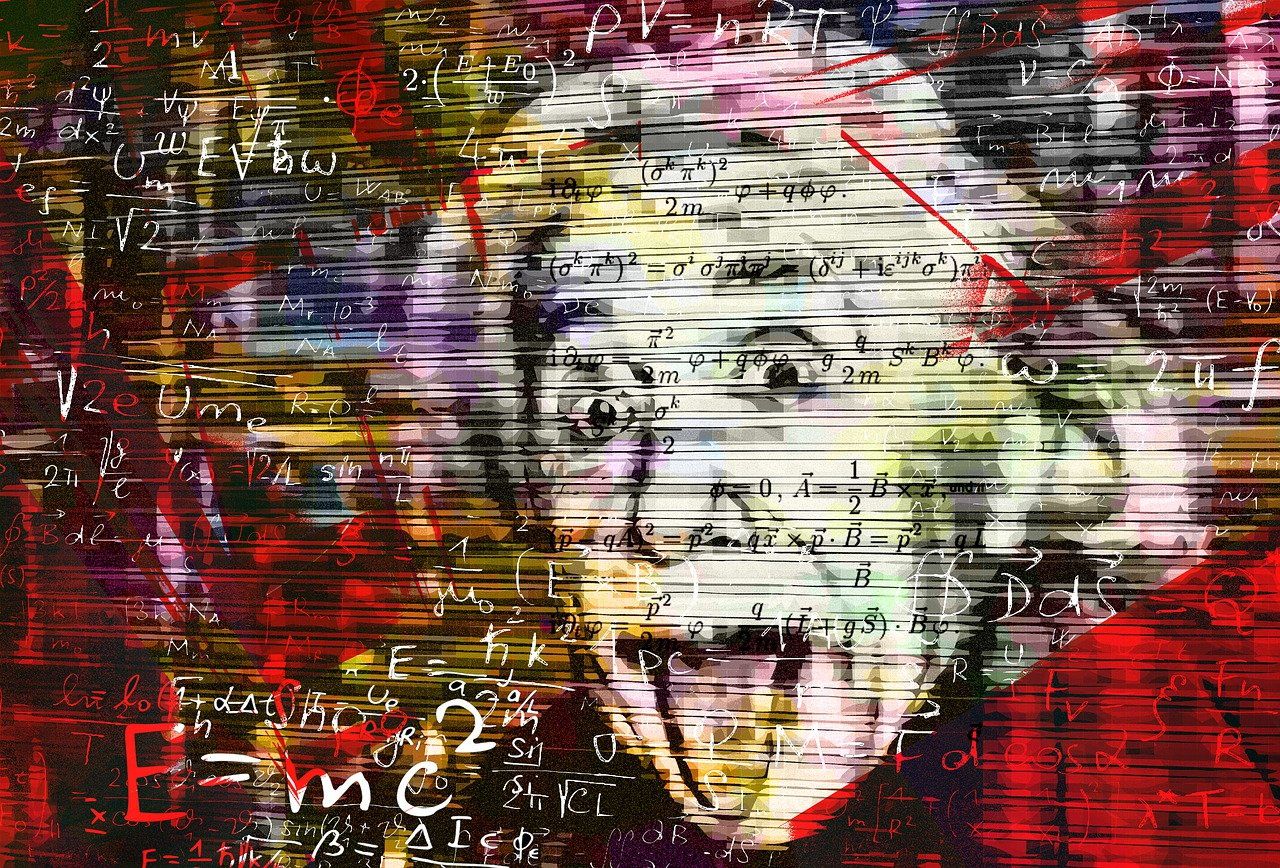⚛️ The transparency paradox: the more science explains, the less it is believed - why?
Follow us on Google News (click on ☆)
Byron Hyde, a researcher at Bangor University, studied how transparency affects trust in science. His work, published in Theory & Society, sheds light on a surprising phenomenon: transparency can both strengthen and weaken trust. This largely depends on the type of information shared.

Illustration image Pixabay
The results show that sharing good news increases trust, while revealing bad news, such as conflicts of interest, reduces it. Hyde points out that hiding bad news to maintain trust is an ethically questionable and unsustainable solution in the long term.
Instead, he proposes better public education about the realities of science. Scientists are not infallible, and science is a process that offers the best explanations rather than absolute truths. An idealized view creates unrealistic expectations.
Hyde emphasizes the importance of teaching not only scientific facts but also how science actually works. Understanding the inherent limitations and biases of scientific research could help adjust public expectations and foster more realistic trust.
Finally, he reminds us that trust in science is crucial for informed decisions on issues like health or climate. A better public understanding of scientific processes is essential to combat misinformation in our time.
What is the transparency paradox?
The transparency paradox describes a situation where the disclosure of information, intended to increase trust, can actually diminish it. This occurs when public expectations are not aligned with the reality of scientific practices.
In the scientific context, this paradox is particularly relevant. Institutions may hesitate to share failures or conflicts of interest, fearing a loss of trust. Yet this information is crucial for an honest understanding of science.
Ultimately, the transparency paradox highlights the importance of nuanced and honest scientific communication. It's a delicate balance between transparency and education to maintain healthy public trust.
Why is the idealization of science problematic?
The idealization of science creates a distorted image where scientists are perceived as infallible and results as absolute. This perception can lead to unrealistic expectations and increased distrust when reality doesn't match the ideal.
This view ignores the inherent limitations of the scientific method. Science is a trial-and-error process, where mistakes and revisions are integral to progressing toward better understanding.
When the public discovers that scientists are subject to biases or that studies can be contradicted, trust can erode. Yet these aspects are normal and reflect the human and collaborative nature of research.